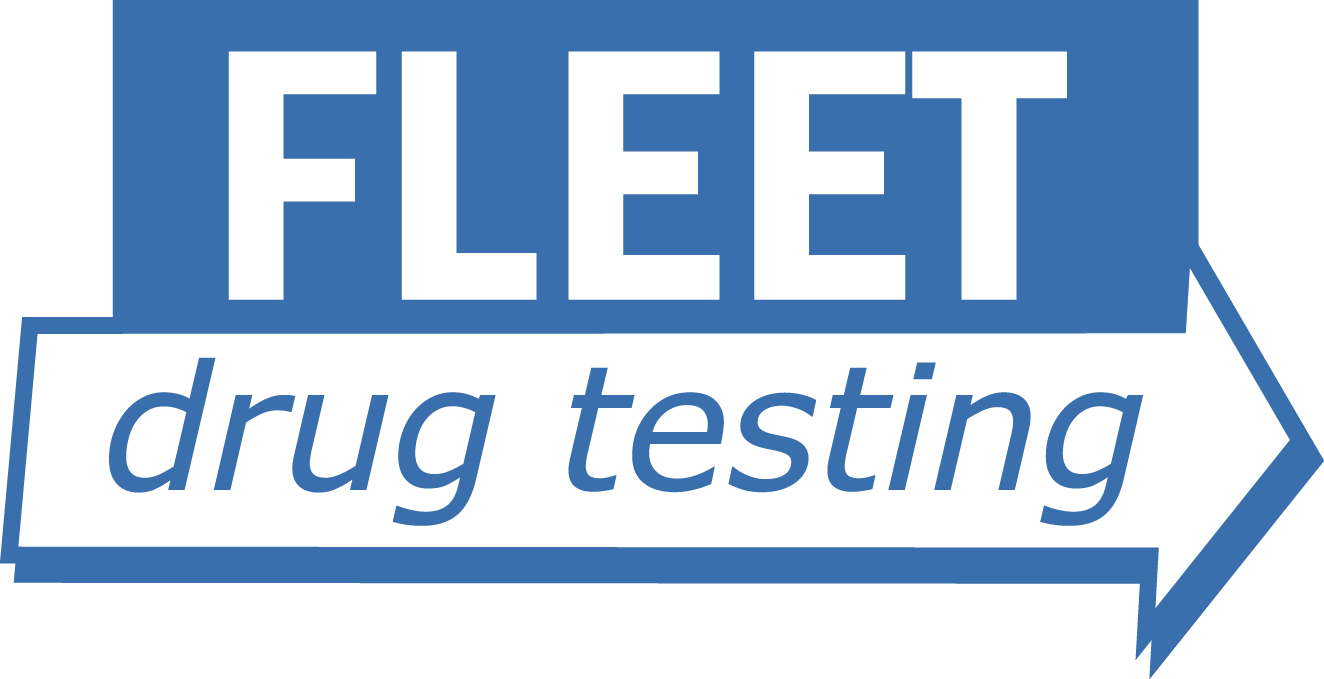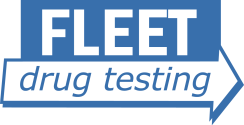The Department of Transportation (DOT) has many rules about drug testing, which apply to people who work in transportation and are responsible for safety. This includes truck drivers, people in the rail industry, airline workers, mass transit employees, and a number of other transportation industries. These rules, which have the power of federal law, are in place to make sure that everyone that uses the roads in our country can expect safety.
If you have questions about the drug testing guidelines set by the DOT for your specific job, you can get help from Fleet Drug Testing. Our team of professionals can not only answer your questions, we have a number of programs and options to make sure you stay compliant with DOT regulations. Contact us today to get started.
Understanding DOT Testing Regulations
As the main federal agency responsible for ensuring the safety of all road users, the DOT has a number of ways they achieve this. In terms of regulatory power, they have a number of options provided to them under federal law. One of the most important is contained in Part 40 of the United States Federal Code, which lays out the various DOT rules and regulations for drug testing:
- Regulatory framework – The DOT has established strict guidelines and procedures for drug and alcohol testing of safety-sensitive employees within these transportation industries. Part 40 of the CFR sets forth the specific rules and requirements for these tests.
- Safety-sensitive employees – Part 40 drug tests are typically required for individuals in safety-sensitive positions. These are roles where an employee’s actions could impact the safety of themselves, passengers, or the public. Examples include commercial truck drivers, airline pilots, and railroad engineers.
- Types of tests – There are various types of drug and alcohol tests conducted under Part 40 regulations, including pre-employment testing, random testing, reasonable suspicion testing, post-accident testing, and return-to-duty testing after a violation.
- Banned substances – The tests look for specific prohibited substances, including This marijuana, cocaine, amphetamines, opioids, and phencyclidine (PCP) and alcohol. The regulations specify cutoff levels for these substances.
- Collection and testing procedures – Part 40 outlines detailed procedures for specimen collection, laboratory analysis, and medical review. These procedures are designed to ensure accuracy and integrity in the testing process.
- Consequences of violations – If an employee tests positive for prohibited substances or refuses to undergo testing, there can be serious consequences, including suspension, termination, and mandatory rehabilitation before returning to safety-sensitive duties.
- Certified laboratories – Testing must be conducted by laboratories that meet specific certification requirements outlined in the regulations. This ensures the accuracy and reliability of test results.
- Record keeping – Employers are required to maintain records related to drug and alcohol testing, including test results and documentation of the testing process.
- Training – Employees involved in the testing process, such as specimen collectors and breath alcohol technicians, must receive specific training to perform their roles correctly.
- Regulatory updates – The DOT may update Part 40 regulations to reflect changes in testing technology, legal requirements, and industry standards.
Generally speaking, Part 40 of the federal code establishes the regulatory and legal framework for the DOT’s drug testing program. Again, the program has the full power and authority of federal law, so complying with it is certainly important to your continued employment in the transportation industry.
What Does Compliance With a DOT Drug Test Entail?
Compliance with a Department of Transportation (DOT) drug test entails adhering to the specific regulations and guidelines set forth by Part 40. The DOT has stringent rules in place to ensure the safety of employees in safety-sensitive positions, such as truck drivers, airline pilots, and railroad workers. Here are the key aspects of compliance with a DOT drug test:
- Pre-employment testing – When applying for safety-sensitive positions within the DOT-regulated industries, applicants must undergo a drug test before they are hired.
- Random testing – DOT regulations require employers to conduct random drug tests on employees in safety-sensitive positions. These tests are unannounced and serve as a deterrent to drug use among employees. Currently, at least 50% safety-sensitive employees have to submit to a drug test every year.
- Post-accident testing – After certain types of accidents or incidents, safety-sensitive employees involved may be required to undergo drug testing. This helps determine if drugs or alcohol played a role in the incident.
- Reasonable suspicion testing – If a supervisor has a reasonable suspicion that an employee is using drugs or alcohol while on duty, they can request a drug test. This suspicion should be based on observed behavior, appearance, or other factors.
- Return-to-duty testing – Safety-sensitive employees who have violated DOT drug and alcohol regulations may be required to undergo a return-to-duty drug test before they can resume safety-sensitive duties.
- Follow-up testing – Workers who have completed a rehabilitation program for substance abuse may be subject to follow-up drug testing as part of their continued employment.
- Chain of custody – Ensuring the proper chain of custody for the drug test specimen is crucial for maintaining its integrity and validity. This includes careful handling and documentation of the specimen from collection to testing.
- Use of certified laboratories – DOT drug tests must be conducted by laboratories certified by the Substance Abuse and Mental Health Services Administration (SAMHSA) to ensure accuracy and consistency of results.
- Specific cutoff levels – The DOT has established specific cutoff levels for drugs in urine samples. If a test result exceeds these cutoff levels, it is considered positive.
- Confidentiality and privacy – Employers must maintain the confidentiality of drug test results and ensure the privacy of employees during the testing process.
It’s important for both employers and employees in DOT-regulated industries to fully understand and adhere to these regulations to ensure safety and compliance with the law. To that end, employers are required to provide educational materials and resources to you and other employees regarding DOT drug and alcohol testing regulations.
How Can Your Employer Help You with DOT Drug Tests?
Aside from our team at Fleet Drug Testing, if you’re a safety-sensitive employee who has to comply with DOT regulations, your employer should be able to provide you with education and materials to help you maintain compliance. Not only is this important for your continued success in the industry, but theirs as well. While every company can offer a different level of help, most will involve:
- Provide information – Your employer should inform you about the DOT drug testing requirements, including when and how often tests will be conducted, as well as the substances that are being tested for.
- Clear policies – They should have clear drug and alcohol policies in place, which outline the consequences of a positive test result and the procedures for testing.
- Training – Your employer may provide training or resources to help you understand the importance of compliance with DOT drug testing requirements and the potential consequences of non-compliance.
- Access to resources – They should offer access to resources for employees who may need assistance with substance abuse issues. This can include information about Employee Assistance Programs (EAPs) or local support services.
- Documentation – They should maintain accurate records of drug test results and related documentation to ensure compliance with DOT regulations.
- Supportive environment – Creating a workplace culture that promotes safety and discourages drug and alcohol misuse is crucial. This can involve promoting wellness programs and encouraging employees to report any safety concerns.
- Compliance assistance – Employers should stay informed about changes in DOT drug testing regulations and ensure that their testing programs are compliant with the latest requirements.
As an employee, you can do your part regarding compliance by staying drug and alcohol free. That said, you should also take advantage of any resources your employer can provide to make sure you comply with all DOT regulations.
Get Started on DOT Compliance With Fleet Drug Testing
As a truck driver or other safety-sensitive employee in the transportation industry, you must comply with DOT regulations. This not only ensures that you can keep your license, but also helps your company maintain its reputation and continued success.
At Fleet Drug Testing, we have all the compliance solutions you need. Contact us today to get started.

